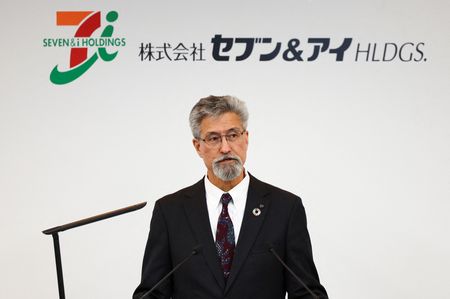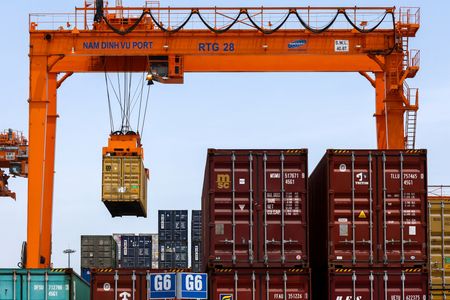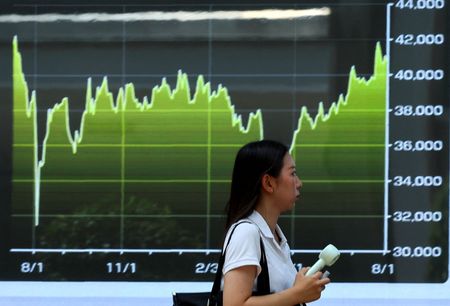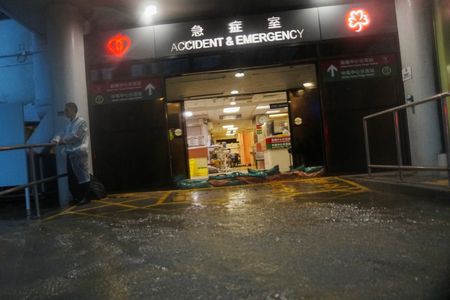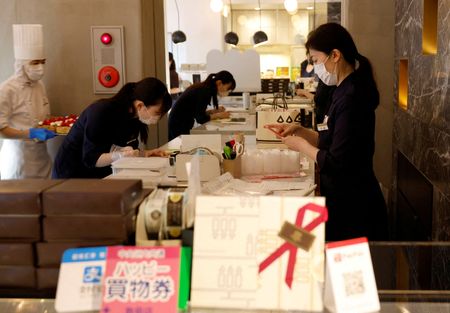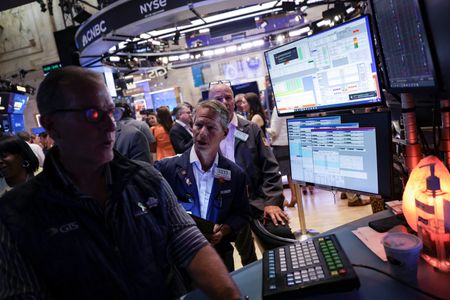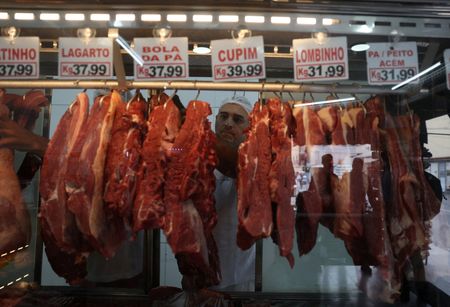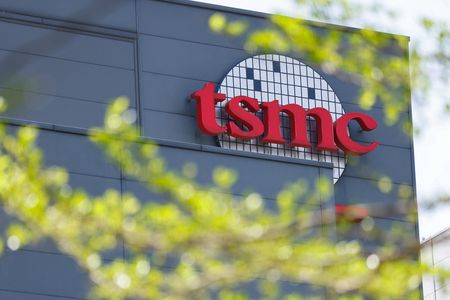BEIJING (Reuters) -Chinese customs are holding up some shipments of lower-performance rare earth magnets used in appliances and consumer electronics because of confusion over how to apply Beijing’s export curbs, according to three sources.
Rare earth magnets blend elements from the family of 17 elements and the mix determines performance. High-performance types go into cars, wind turbines and fighter jets with weaker ones used in consumer electronics and household appliances.
However, China’s customs website only lists a single code for rare earth magnets, despite their different chemistries.
When Beijing restricted exports of several high-performance types along with other rare earths in April, it excluded some low-performance ones.
Customs officials have nonetheless barred at least two shipments because they share the same code identifier, said two sources familiar with the matter.
The shipments had still not left China even after the exporters provided documents showing there were no curbs on the types of magnets involved, said the sources who spoke on condition of anonymity, as the matter is a sensitive one.
China’s commerce ministry and customs did not respond to Reuters request for comment.
European auto parts and appliance maker Bosch said bottlenecks in the supply of rare earths key for both electric motors and consumer goods were affecting its suppliers, who had to furnish a lot of detailed information to get export licences.
“The process for our suppliers to apply for export licences for various rare earths … since April, is complex and time-consuming, partly due to the need to collect and provide a lot of information,” a Bosch spokesperson said.
Not all exports are affected by the customs delays, however, with officials of appliance makers Electrolux and Smeg both telling Reuters they were not facing issues.
Customs data shows China’s exports of permanent magnets fell 51% to 2,626 tons in April, the first month of data following the curbs. Exports were 15,267 tons in the year’s first quarter.
(Reporting by Beijing newsroom and Victoria Waldersee in Berlin; Editing by Clarence Fernandez)


